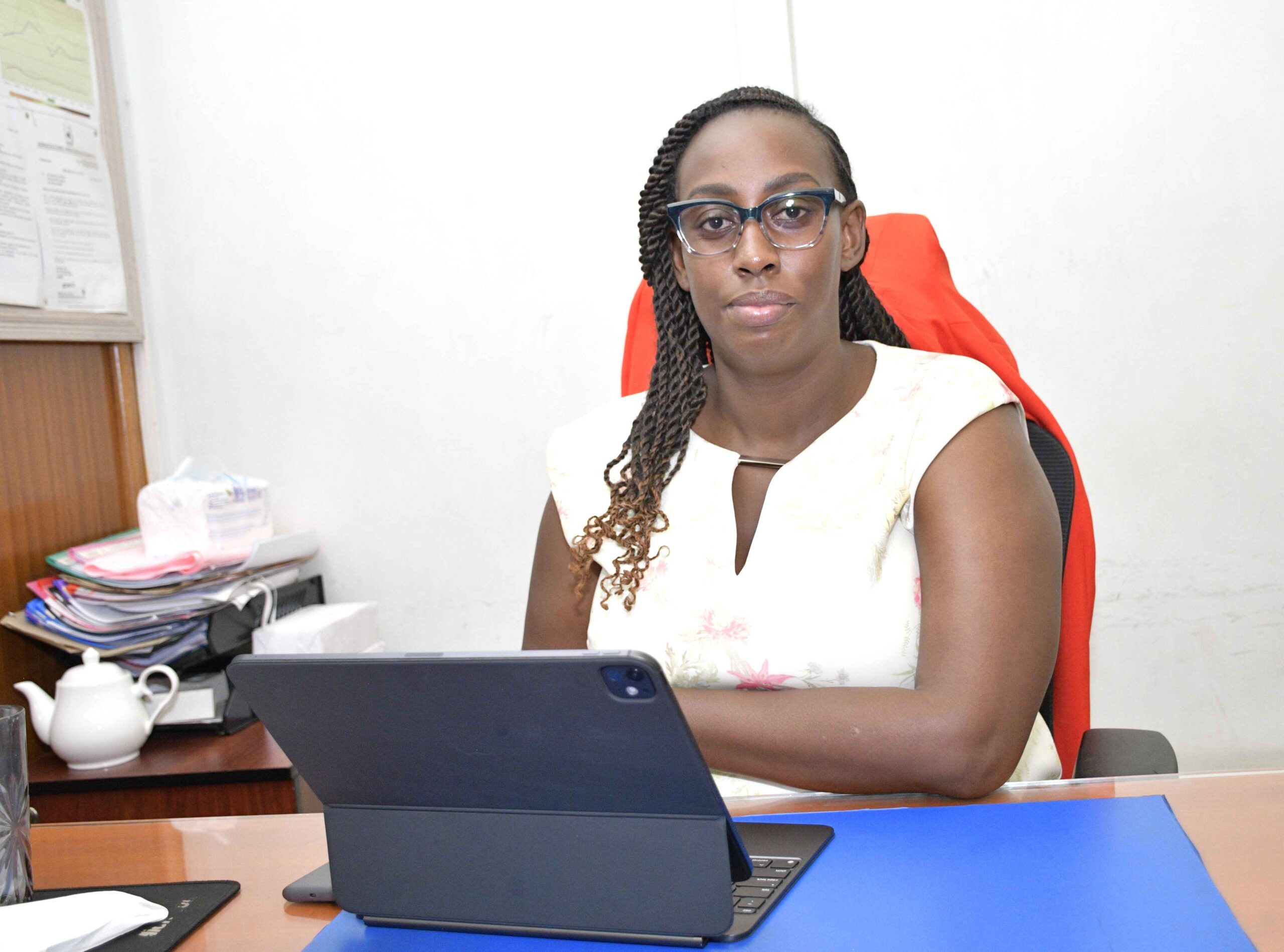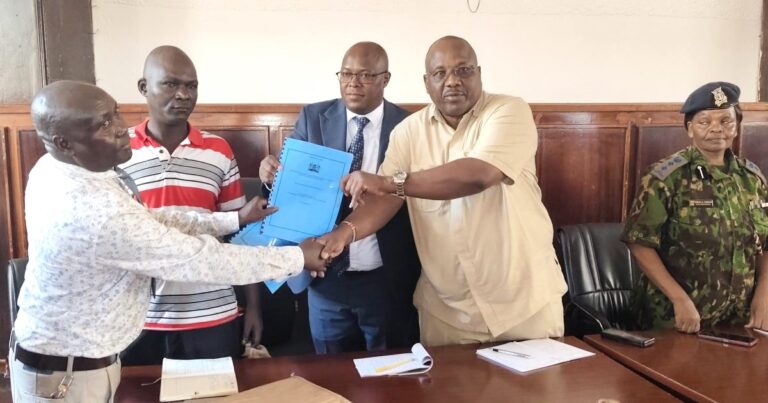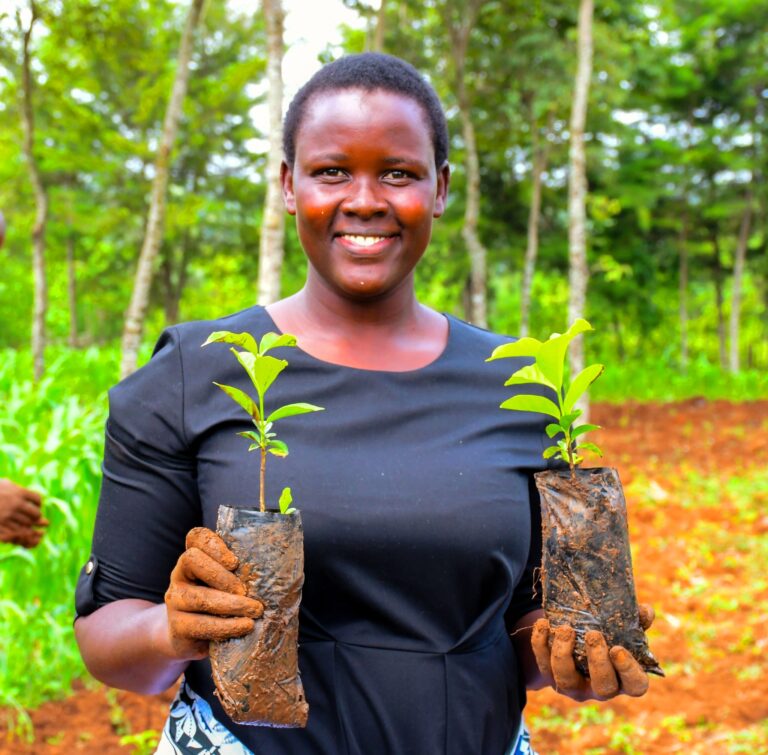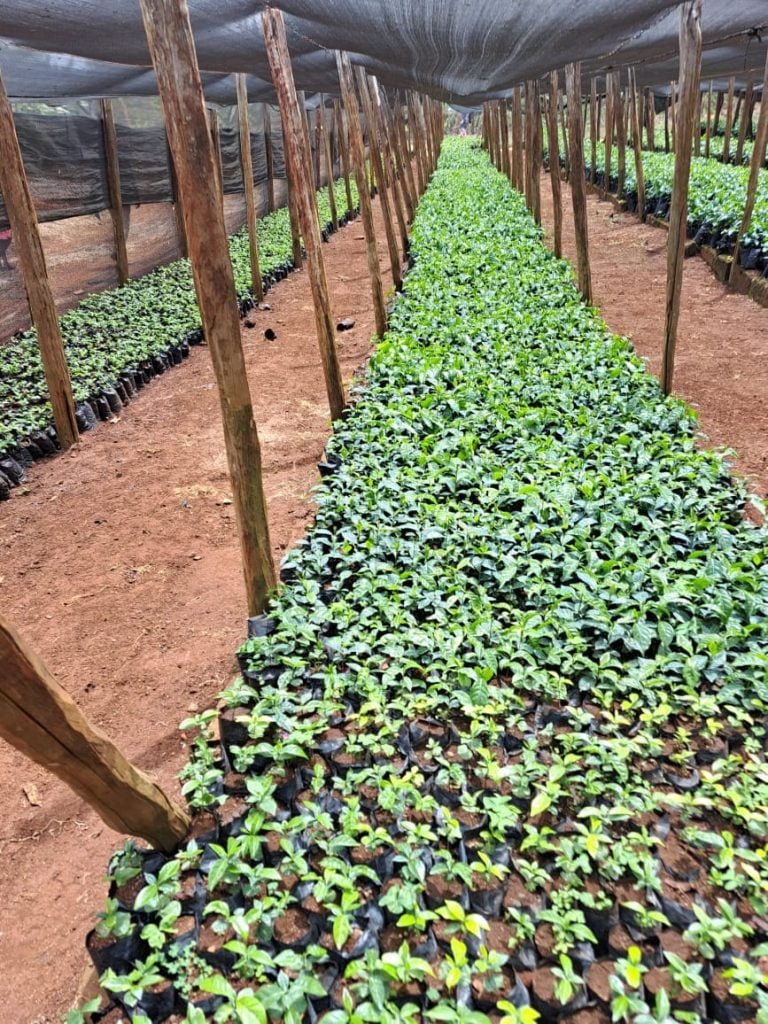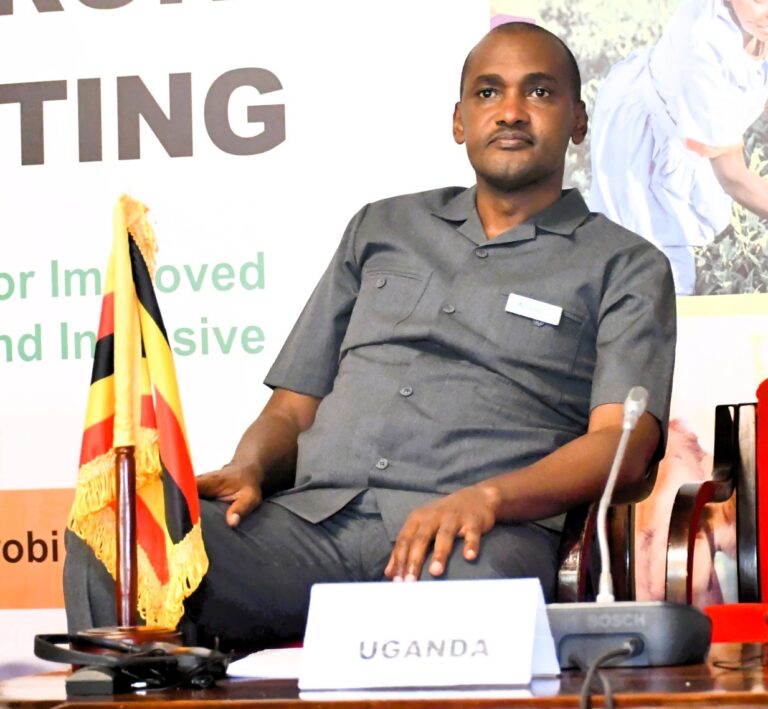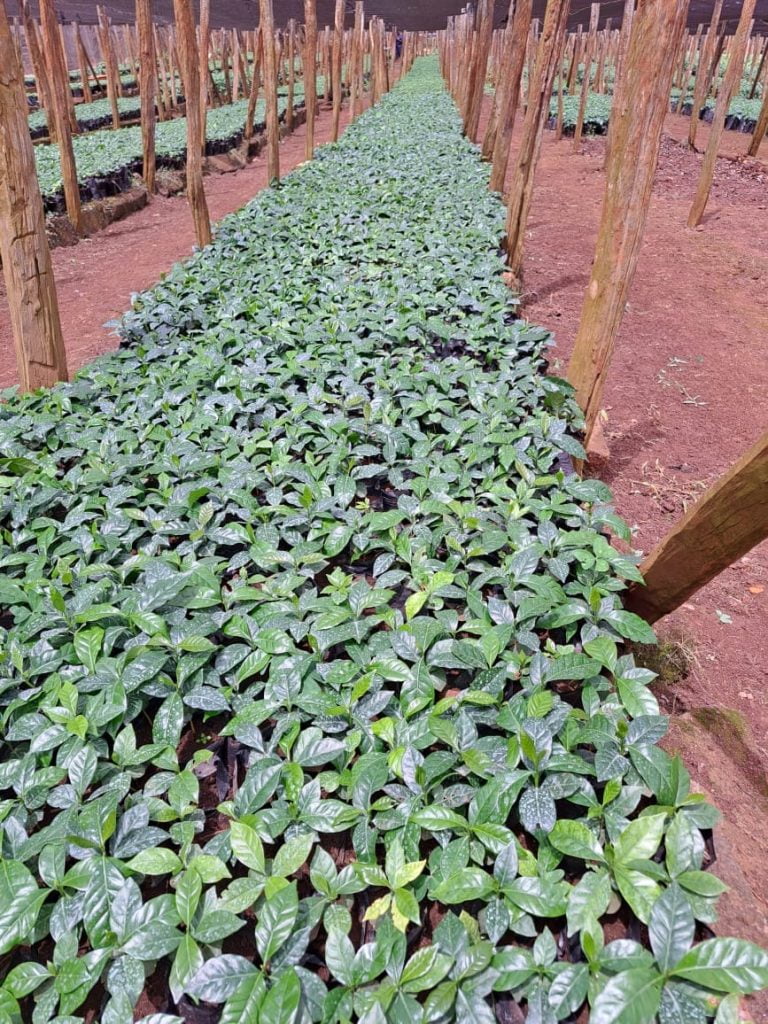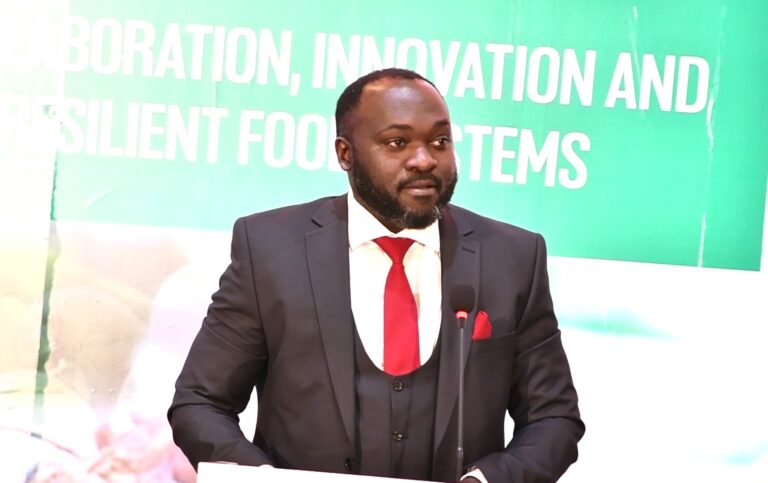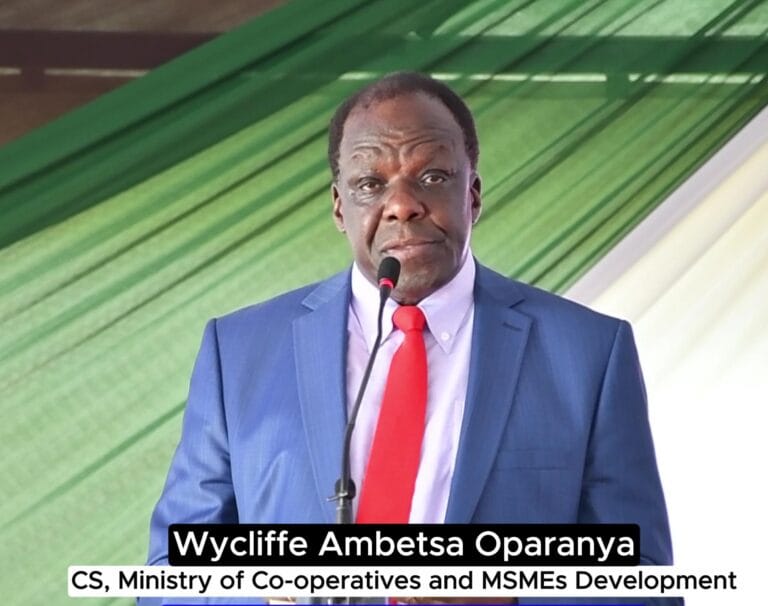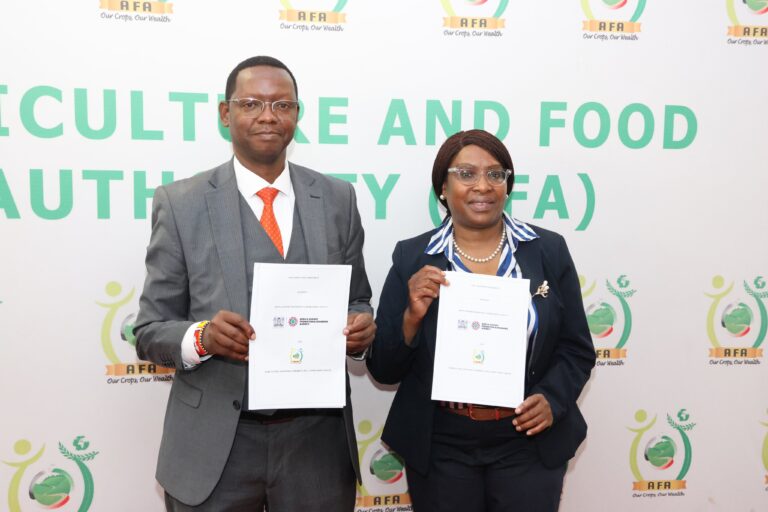By Kimuri Mwangi
The coffee subsector in Kenya is in the middle of reforms that have changed the status quo in various levels. Our reporter Kimuri Mwangi had an exclusive interview with the CEO of the Nairobi Coffee Exchange. Here are the excerpts from the interview in our new series, “The CEO’s Perspective”
Let’s start by knowing you
I am Lisper Ndung’u, the Chief Executive Officer for Nairobi Coffee Exchange. Nairobi Coffee Exchange is a central coffee auction for Kenyan coffee where we control about 85% of the coffee produced in Kenya as a marketing channel.
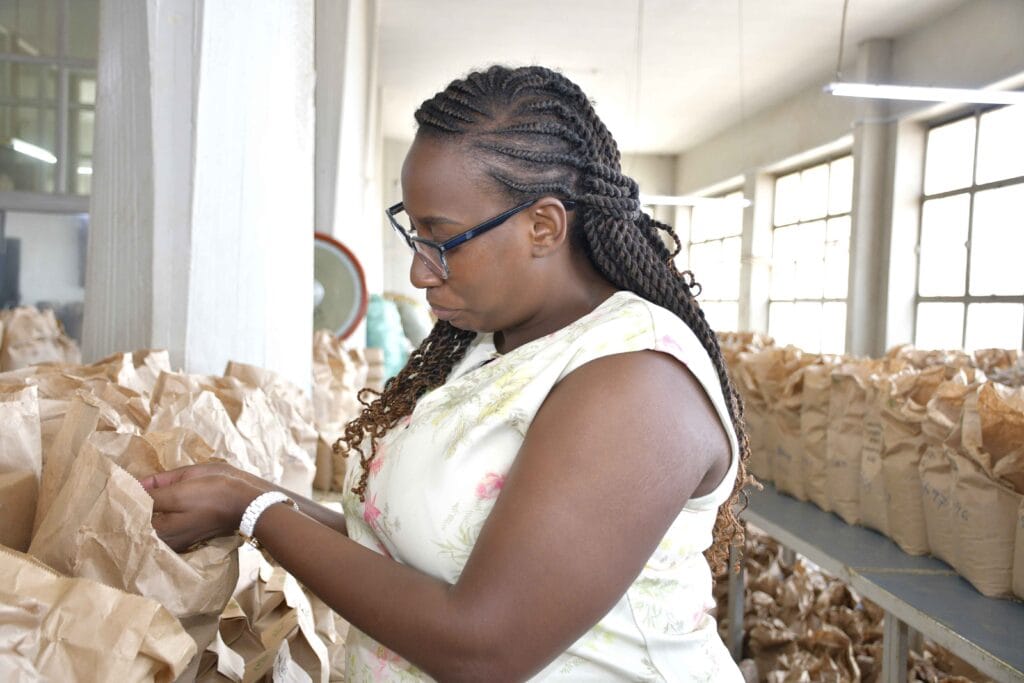
Which reforms changed the way you were operating before?
The coffee reforms were because of the change in the regulatory framework. We had the commencement of the implementation of the Crops Coffee General Regulations 2019 and the Capital Markets Coffee Exchange Regulations 2020. This meant that there are some functionalities in terms of processes along the value chain that were changed and some players along the value chain became obsolete, and we had an introduction of new players.
At the Nairobi Coffee Exchange, one of the major changes that happened is instead of marketing agents, we had the coffee brokers licenced by the Capital Markets Authority (CMA) offering coffee on behalf of growers as a grower’s representative.
We also had the introduction of the direct settlement system which is a payment platform provided by a licenced commercial bank to a coffee exchange for purposes of settlement of growers’ obligations and net sales proceeds from coffee to the growers.
We also saw a distinction in terms of the licencing authorities where we had the CMA now licencing the brokers and the coffee exchanges. We have now the Coffee Directorate licencing the coffee buyers and coffee warehousemen.
We have the county governments licencing the coffee millers and the growers. That is one of the distinctive changes that has happened in the industry.
How did the reforms impact the Nairobi Coffee exchange?
I could say that it was a challenge at the beginning because we were learning through the process. At the exchange we’ve been stretched in leaps and bounds so that we can accommodate these changes, and I can say that over time, maybe for the past one year, we’ve become quite enlightened and aware of our roles and the expectation of the regulations towards a coffee exchange.
We’ve been supported greatly by the stakeholders and the regulating bodies as well as the national government to be able to perform this function. One of the things that we’ve seen distinctly is that previously we had zero to no contact with the growers. But now we found ourselves in a situation where besides serving the coffee brokers and the coffee buyers who are our primary customers, we are also serving the coffee growers directly because they would have queries here and there and for those queries where the exchange is responsible, we address them.
That said, we also took time to go to the ground in the coffee season 2023-2024 to enlighten the growers about the direct settlement system, the operations of the Nairobi Coffee Exchange and what they should expect from us and that was the first of many which we believe will come in the future as the exchange strives to be the best marketplace for Kenyan coffee.
What informed the decision to stream live the coffee auction on YouTube?
Streaming our coffee auction on YouTube was a decision that came from so many enquiries that we had from growers about access to the trading platform and we were looking for a solution that’s easy and affordable. Streaming live is free as long as you have an internet bundle, and it has a wide reach and that was our intention as we continue to create transparency in the trading process.
We’ve also seen that sharing our trading live on YouTube has created or has breached the information asymmetry gap because some people would think to themselves “my coffee is sold in Nairobi in a certain place by a group of people”. But now they understand it’s a price discovery mechanism process through an automated bidding process and especially when they are aware that their coffee is in the catalogue, you’ll find that they are very keen to follow how the market performed.
We also have a lot of dissemination of our auction reports after sales through our website, through WhatsApp platforms because you’ll find that the reach now to the stakeholders who are receiving these reports has widened.
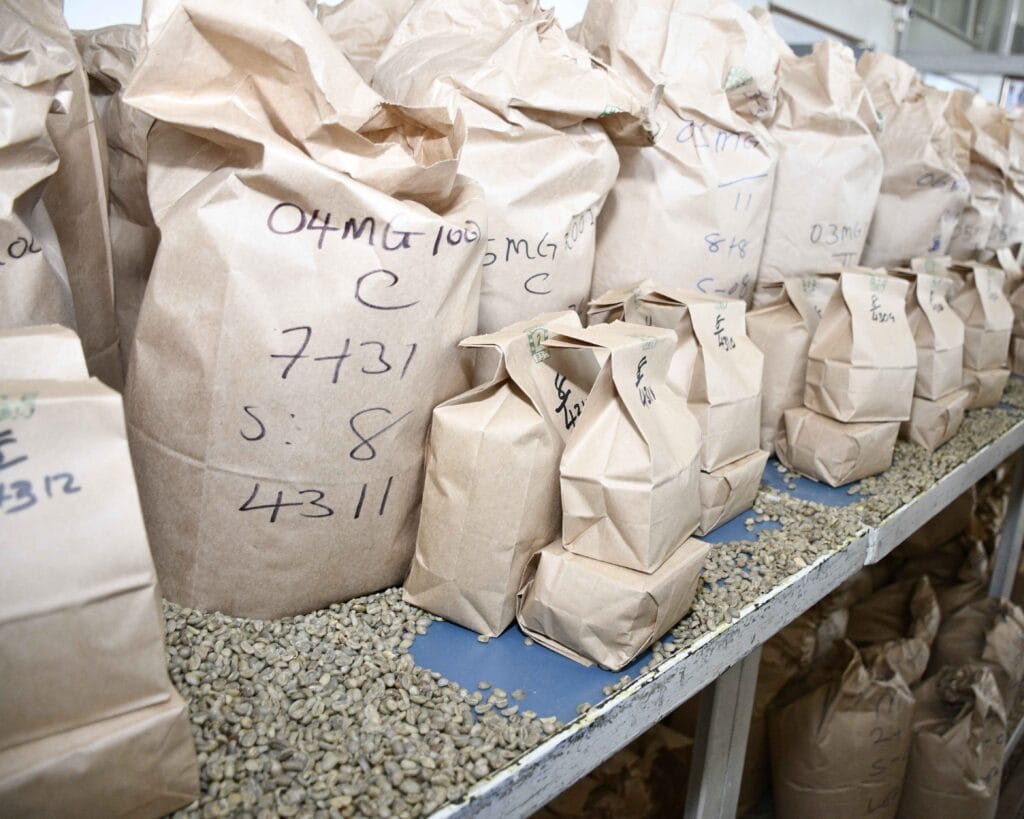
Some people think the NCE has a say in coffee prices. What’s your take on that?
The dynamics of prices is not about the Nairobi Coffee Exchange. There are various aspects that are considered when it comes to price determination and one of the things that growers should understand is that there’s always the forces of demand and supply. There is the foreign exchange, the international prices and the stocks available globally which are the factors that affect the price at a particular point in time.
The other thing that determines prices is the quality. For example, you will find that at a particular point in the year the quality coming to the auction is better than at a certain point in time because of our production patterns. So, when you are aware about these, then it helps you to understand why there is sometimes a rise and fall and you could even follow the price trend by following the averages from our website and also from other global websites.
Tell us more about the Direct Settlement System (DSS)
The DSS I could say is one of the best experiences that the exchange has had because it has widened our scope in terms of service delivery. It has also given us a very good understanding of how value is transferred downstream to the producer.
So, I could say that we are very privileged to be the ones appointed by law to oversight the DSS and it’s going to be a tool that will greatly help the industry to follow the value distribution over time and inform decision making both at the local production level and in the national government.
What challenges have you faced being at the helm of the NCE?
One of the biggest challenges has been handling the transition to the new regulatory framework because it involved multiple stakeholders, and we are talking about exchange of value. That means where money is involved there is a lot of interest and the acceptance by the industry about the new processes, the challenges in terms of every party understanding what it is that they’re supposed to be doing in the new regulatory framework came with its fair share of challenges.
Sometimes there was delayed responses in terms of problem solving and all that. But nonetheless I can say that we have received massive support from stakeholders and from the government as the exchange while we played our part in terms of transitioning to the new regulatory framework. I can’t forget to give gratitude to the CMA. As our regulator they have held our hand and guided us towards ensuring that our functions internally and externally are serving the purpose for which a coffee exchange should be established.
I’ll also give gratitude to the national government and the presidency because they have given the NCE the attention that it deserves in this period of transition therefore supporting the industry towards implementation of the new regulatory framework.
I also thank one of our key partners in information dissemination, Kilimo News. They have been very consistent in sharing our reports with the stakeholders. When questions are raised, they consult us and also disseminate the same information to the stakeholders through their wide reach, so we thank them for that.
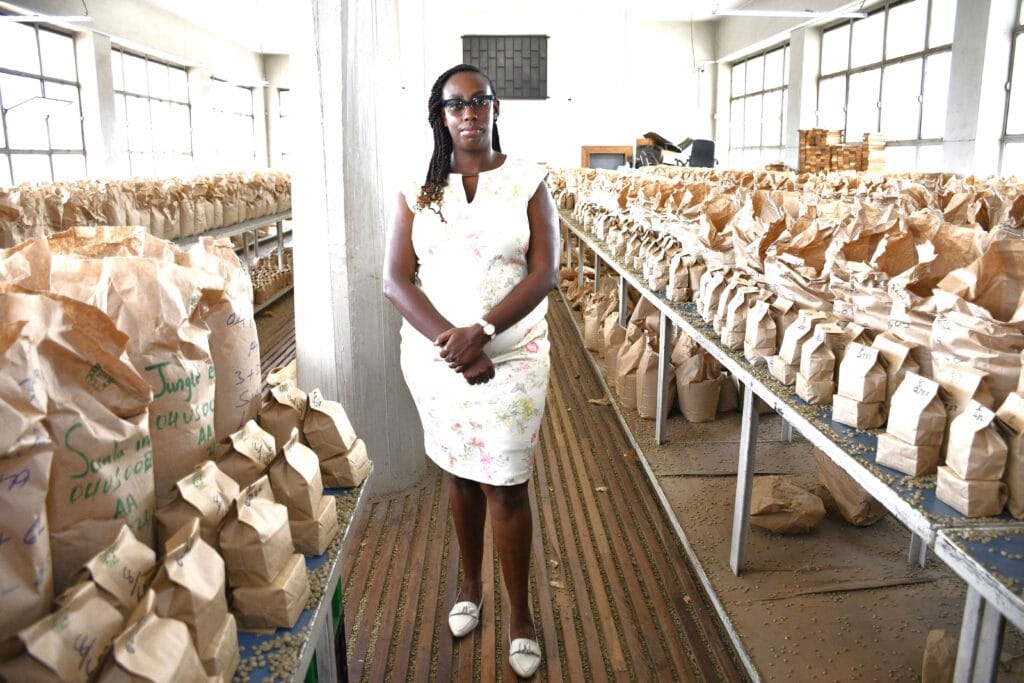
As a woman, have you met people who thought that coffee matters are men’s forte?
I’m a firm believer that the gender disparity gap has been there for a long time where some roles were reserved for men. But now when it comes to leadership, I think women are more sensitive and more aware and they should trust themselves that they are able to lead. I think when opportunities like this are given to women, there is always evidence that what a man can do, a woman can do better.
So, I would encourage women to be more outgoing and seek leadership opportunities. We have a very good community for women in the coffee industry where we support each other in terms of information awareness about what’s going on in the industry. Therefore, that community also gives warmth to the women who are now in the industry and are holding leadership positions and guiding the industry in certain aspects. So I believe that what a man can do a woman can do better.
Interestingly because I’m a youth I’ve faced a situation where somebody would say “she’s so young”. But when it comes to understanding issues it takes time, persistence in terms of making sure that you know what’s going on in the sector, you are aware of the regulations and have internalised them and some of those things have nothing to do with gender or age. Also, I can say there is intricate wisdom given from God because it takes a lot of fortitude to be able to prove yourself and to be a leader even to people who are well advanced in in the coffee sector and give an opinion, shape opinions and all that.
So, I can say at first there was prejudice, but I have the fortitude to count myself as worthy and enough in terms of providing leadership to the exchange which is a sensitive player in the coffee sector.
What future plans do you have as NCE?
We want to be excellent in terms of service delivery which is going to take a lot of effort because we need to understand our stakeholders. Now that our stakeholders bracket has expanded, we want to ensure that we understand and can anticipate their needs.
Therefore, we want to create systems where we’re to communicate effectively with our stakeholders and we can provide excellent services.
Your final take?
I appreciate a lot the effort that comes from our coffee producers. They are the backbone of the coffee sector.
It’s because of them that we do what we do. They are our primary customers. They are the people whom we provide this trading platform for.
Therefore, I would want to encourage them to be very resilient, to also take charge of their production processes, be very aware of the climate change aspect and for the older generation to give room for the youth to also participate in production so that there can be a rejuvenation.


